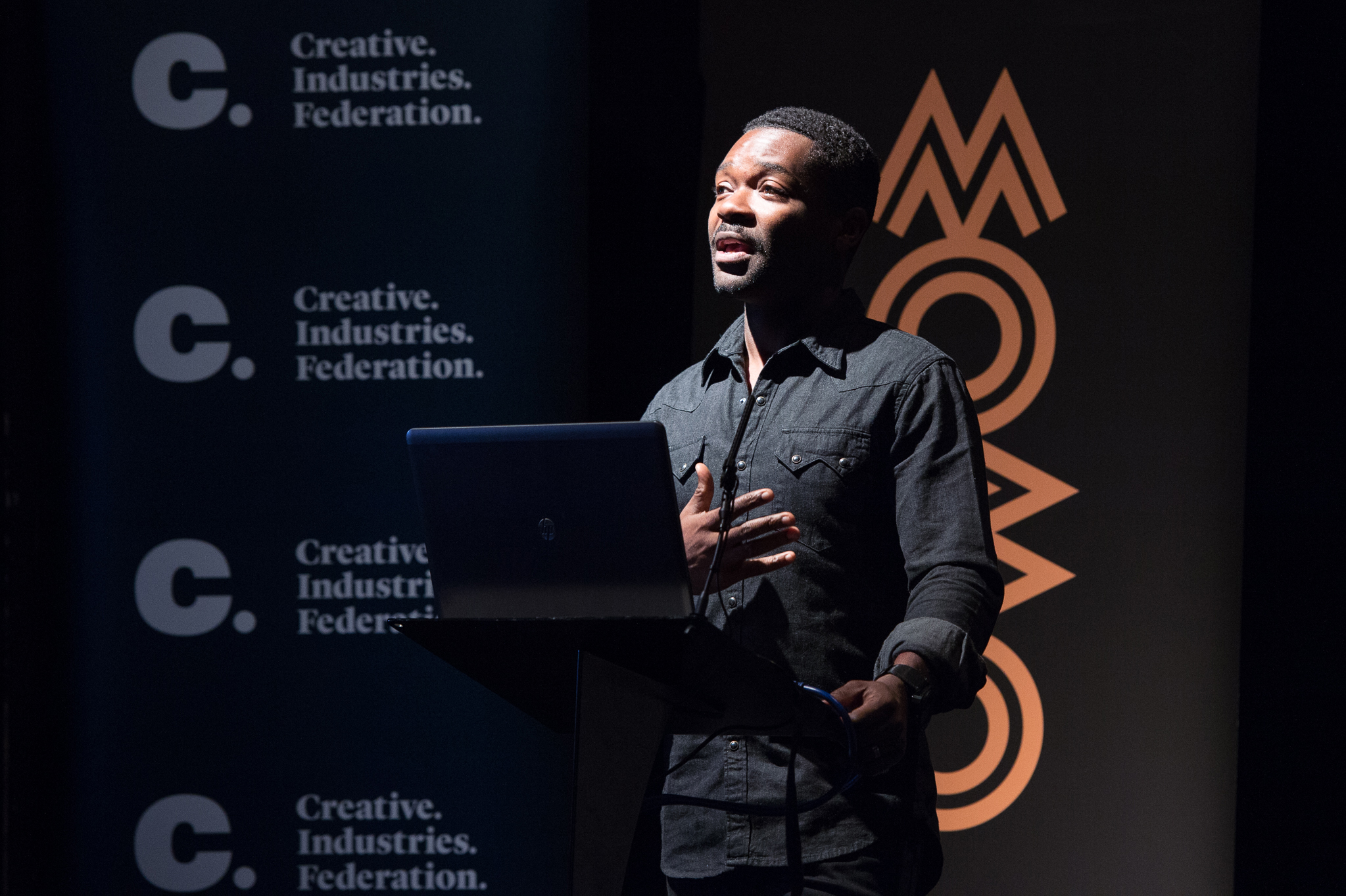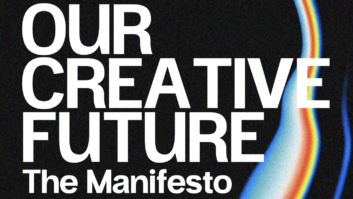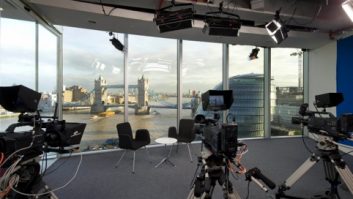
The Creative Industries Federation, in partnership with the MOBO organisation, has launched its Creative Diversity study on the state of diversity in the UK’s creative industries. The new analysis reveals Britain’s creative industries are not as diverse as they appear at first sight.
It argues that while diversity has been long seen as a matter of social justice, there is a hard-headed business case for tackling the failure to capitalise on the full range of talent available and ensure that the creative industries remain the fastest-growing part of the UK economy.
Government statistics report a 12.5 per cent increase in the number of jobs in the creative industries held by Black, Asian and Minority Ethnic (BAME) people between 2013 and 2014. They account for 11 per cent of jobs in the creative, which is a similar level to that in the general working population of the UK.
But when the Federation re-balanced employment statistics according to where the jobs are held, the results are not so impressive. With 32 per cent of all creative jobs in London where 40 per cent of the workforce is BAME, a much higher 17.8 per cent of the creative industries workforce should be BAME.
Failing to diversify means wasted business opportunities, the report argues, as the BAME population will make up nearly a third of the UK’s population by 2050 and its disposable income increased ten-fold in the decade from 2001, from £32 billion to £3000 billion. Currently, BAME employees earn slightly less than the average (£32,950) and disabled employees earn substantially less.
“Everyone, no matter who they are, should have the chance to reach the highest ranks in the creative industries as well as every other part of life,” said Kanya King, CEO M OBO By unravelling the headlines of today’s study, it is clear that we need our creative industries to reflect the general population, not only for social justice, but to enable it to flourish.
“MOBO has opened doors for talent that might otherwise have remained unnoticed and our MOBO Season aims to work with other creative leaders to mobilise the industry to be part of the solution in arts. This report arms us with some of the tools and steps to take action together and now’
John Kampfner, CEO Creative Industries Federation, added: “This study not only exposes the existing social inequalities in the creative industries workforces but shows that there are hard-headed economic reasons for tackling them. A more diverse workforce is good for organisations and key to accelerating growth.
“The most forward-looking organisations have already acted to ensure their staff more accurately reflect the population. By drawing together case studies and evidence of best practice, we show how everyone can act now to make a difference. It is not only a matter of social justice but crucial to ensuring the fastest-growing sector of the UK economy continues to grow and thrive.”
Creative Diversity is being launched on the eve of the MOBO Season, an initiative featuring events and activities dedicated to raising talent to the forefront of popular British culture. MOBO Season will be launching under the banner of Rise with Us, and will run throughout October in the lead up to the awards on 4 November.
Pictured: David Oyelowo speaks at the MOBO Rise With Us Season and Diversity Report launch at the BFI







